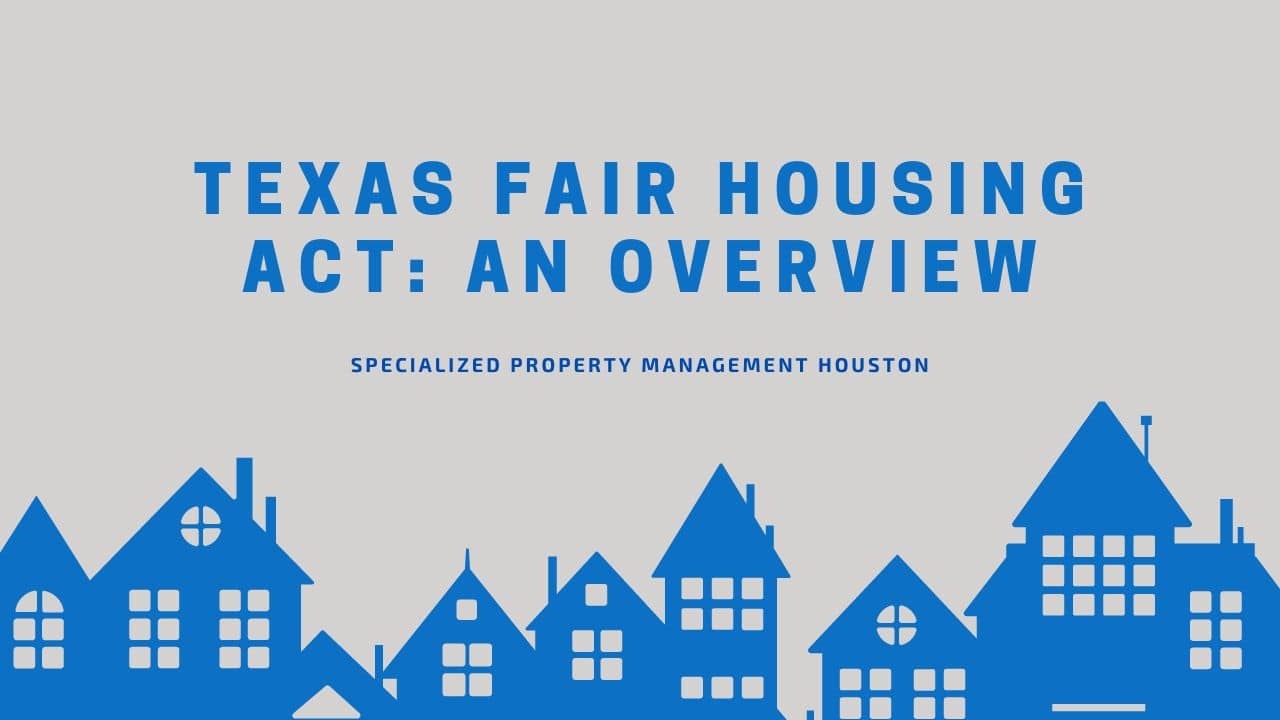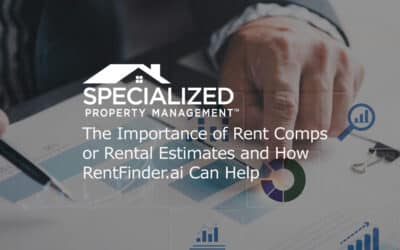If you’re a landlord in Texas, it’s important to learn about all aspects of landlord-tenant law, including the Fair Housing Act. While a few exceptions to the fair housing laws exist, they don’t apply to most private landlords, so you should get familiar with the laws and know how to avoid accidentally breaking those rules.
In this article, you’ll learn the basics of the Fair Housing Act and how it relates to owning a rental property in Texas. This will not only help you stay legally compliant but also help you build solid landlord-tenant relationships throughout every stage of the leasing process.
Fair Housing Laws
Fair housing laws exist to protect individuals against discrimination when seeking housing. This can be for those seeking mortgage lending, home appraisal, housing assistance, or renting a property.
Housing providers must ensure that everyone trying to rent, purchase, or mortgage a property is treated fairly based on certain protected characteristics.
Federal Fair Housing Act
The Federal Fair Housing Act was passed as Title VIII of the Civil Rights Act of 1968. After multiple amendments, the act now protects those seeking housing based on the following classes: race, color, nationality, religion, sex, disability, and familial status.
Some states have also extended protections to additional classes. Texas is not one of those states, so its protected classes are the same as what is outlined by federal laws.

What Agency Oversees Fair Housing in Texas?
The Texas Department of Housing & Community Affairs is the state agency that oversees issues relating to housing discrimination in the state of Texas. The following are some of the behaviors that the agency has highlighted to be potentially discriminatory:
- Claiming a unit isn’t available just to deny a prospective tenant the opportunity to rent it.
- Having discriminatory leasing clauses or conditions.
- Using discriminatory statements when advertising a rental property.
- Harassing, intimidating, or making sexual advances towards a current or prospective tenant.
- Refusing to make reasonable accommodations or modifications for tenants with disabilities.
Discrimination Based on Protected Classes
In addition to the aforementioned behaviors, discrimination based on protected classes is something you should take care to avoid. You cannot discriminate against a tenant based on:
- Race. You cannot, for instance, have stricter background check requirements for a person of color applying to rent your property.
- Religion. Refusing to rent to someone because they wear a turban, a hijab, or any other religious attire is discriminatory.
- Nationality. It would be discrimination to refuse to rent to someone because of their country of origin or based on stereotypes.
- Familial status. You cannot advertise your property with phrases like “quiet building” or “adults only,” because it can discourage families from applying.
- Sex. As a landlord, you cannot deny a prospective tenant from renting your property based on their sex, such as including a line that the apartment is ideal for single men.
- Disability. You cannot reject a prospective tenant after learning that they use a wheelchair and you have to allow a disabled tenant to have a service animal in the unit, even if you don’t usually allow pets.

Exemptions to the Fair Housing Act
Yes, there are some exemptions to the Fair Housing Act. However, generally speaking, these exemptions don’t apply to private landlords. The following are the possible exemptions.
- Housing designated for people aged 55 years and over.
- Members of a certain religion.
- Private clubs.
- Local laws that limit occupancy to a certain number of individuals.
- A property where the owner occupies one unit in a four-unit property.
Tips to Avoid Potential Fair Housing Violations
As a landlord, it’s important to abide by the fair housing laws. Knowing how they apply to the different parts of the rental process will ensure you have a smooth landlording experience.
The following are tips to help you avoid potential fair housing violations.
Advertise Your Property Properly
As a landlord, you’re going to deal with vacancies from time to time. When creating an advertisement for your vacant rental property, you’ll want to make sure that it’s free of any discriminatory language. Examples of phrases that could be seen as discriminatory include the following:
- No kids allowed.
- Not suitable for disabled persons.
- English speakers only.
- Ideal for a married couple.
When advertising your rental, focus on your property’s stand-out features rather than your ideal renter’s qualities.

Follow the Same Screening Process for Every Prospective Tenant
Every savvy landlord dreams of renting to the perfect tenant. But for that to be possible, proper screening is key. You should screen tenants based on a standard set of criteria and ask each applicant for the same information.
You’ll want to avoid the following discriminative questions.
- Are you married?
- How many children do you have?
- Where are you originally from?
- Are you an Atheist?
- Is that a service dog?
Accommodate Tenants with Disabilities
Federal law requires landlords to treat tenants equally and fairly. The Americans with Disabilities Act provides further protection for disabled tenants. Examples of common disabilities:
- Mobility impairments
- Visual impairments
- Hearing impairments
- Drug addiction
- HIV/AIDS
- Intellectual disabilities
- Mental illness
Under the Texas fair housing laws, disabled tenants have a right to rent properties and be asked the same questions as every applicant. You need to be able to meet their reasonable requests for accommodation or modification.
Conclusion
Make sure that you treat all current and prospective tenants fairly, equally, and respectfully. If you have any questions or are looking for professional help managing your rental property, don’t hesitate to get in touch with Specialized Property Management Houston. We provide superior property management services to property owners in Houston and the surrounding areas.
Disclaimer: Please note that the information provided in this blog is intended for general guidance and should not be considered as a replacement for professional legal advice. It is important to be aware that laws pertaining to property management may change, rendering this information outdated by the time you read it.






